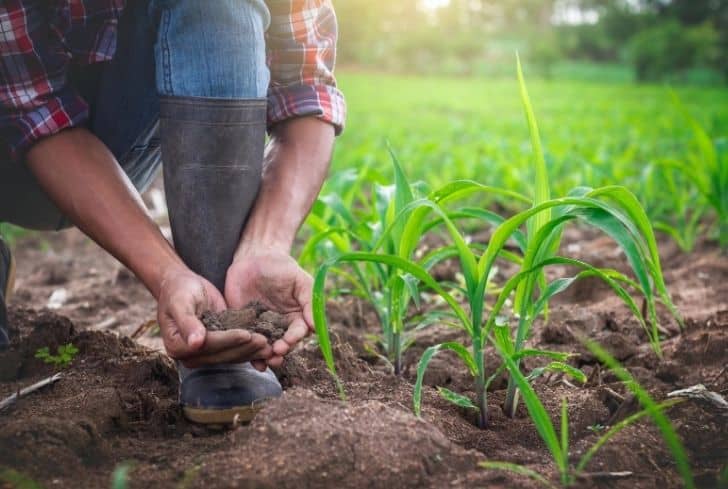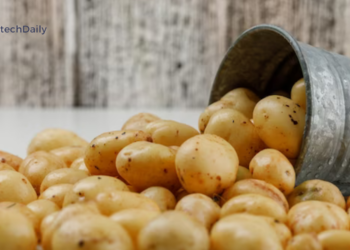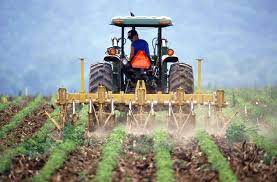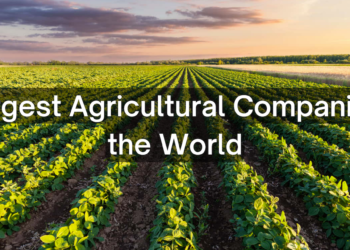This article discusses the benefits and challenges of sustainable agriculture and provides insights on how farmers can adopt more eco-friendly practices. It explores the various methods of sustainable agriculture, including crop rotation, conservation tillage, and integrated pest management, among others. The article also highlights the economic and environmental advantages of sustainable agriculture and provides tips for farmers to adopt eco-friendly practices.
Agriculture is a vital sector that sustains human life by providing food, fiber, and other essential resources. However, conventional agricultural practices often involve the use of chemical fertilizers, pesticides, and other synthetic inputs, which can have negative impacts on the environment and human health. Sustainable agriculture is a farming system that promotes long-term soil health, biodiversity, and ecosystem services while maintaining profitability for farmers.
The Benefits of Sustainable Agriculture

Sustainable agriculture offers numerous benefits to farmers, the environment, and society at large. Firstly, sustainable agriculture practices, such as crop rotation, cover cropping, and conservation tillage, can help improve soil health and reduce erosion, thereby increasing yields and reducing the need for synthetic inputs.
Additionally, sustainable agriculture practices promote biodiversity, which can provide habitat for beneficial insects and pollinators, reducing the need for chemical pesticides. Furthermore, sustainable agriculture practices can improve water quality by reducing runoff and increasing water infiltration into the soil.
Moreover, sustainable agriculture can offer significant economic benefits to farmers by reducing input costs and improving long-term productivity. For instance, by adopting integrated pest management practices, farmers can reduce the need for chemical pesticides and save on input costs. Similarly, by using cover crops to improve soil health, farmers can reduce the need for synthetic fertilizers and increase yields over the long term.
Challenges of Sustainable Agriculture
Despite the benefits of sustainable agriculture, there are also several challenges that farmers may face when transitioning to more eco-friendly practices. One major challenge is the lack of access to information and training on sustainable agriculture practices. Many farmers may not be aware of the benefits of sustainable agriculture or how to implement eco-friendly practices on their farms.
Another challenge is the need for significant investment in infrastructure and equipment to transition to sustainable agriculture practices. For instance, farmers may need to invest in conservation tillage equipment, cover crop seed, or alternative pest control methods. These investments can be expensive and may require significant upfront costs.
Furthermore, the transition to sustainable agriculture practices can be time-consuming and may require a significant amount of effort and resources from farmers. For example, adopting a crop rotation system can require farmers to learn new planting schedules and crop management techniques, which can take time to master.
Adopting More Eco-Friendly Practices
Despite the challenges, there are several steps that farmers can take to adopt more eco-friendly practices and transition to sustainable agriculture.
Firstly, farmers can access information and training on sustainable agriculture practices through government agencies, agricultural extension services, and non-profit organizations. These resources can provide farmers with the knowledge and skills needed to implement sustainable agriculture practices on their farms.
Secondly, farmers can explore alternative financing options, such as grants or low-interest loans, to help cover the costs of transitioning to sustainable agriculture practices. Many government agencies and non-profit organizations offer financing options specifically for sustainable agriculture projects.
Thirdly, farmers can start small by implementing one or two sustainable agriculture practices at a time and gradually transitioning to a more eco-friendly farming system. For example, farmers can begin by planting cover crops or adopting integrated pest management practices on a small portion of their land before expanding these practices to their entire farm.

Fourthly, farmers can collaborate with other farmers or agricultural organizations to share knowledge and resources on sustainable agriculture practices. This collaboration can help reduce costs and provide access to specialized equipment or knowledge.
Conclusion: Sustainable agriculture offers numerous
benefits to farmers, the environment, and society, including improved soil health, biodiversity, and water quality, as well as reduced input costs and increased long-term productivity.
However, there are also several challenges to adopting more eco-friendly practices, including the need for information and training, significant investment in infrastructure and equipment, and the time and effort required to transition to sustainable agriculture.
Despite these challenges, farmers can take steps to adopt more eco-friendly practices, such as accessing information and training on sustainable agriculture practices, exploring alternative financing options, starting small and gradually transitioning to a more sustainable farming system, and collaborating with other farmers or agricultural organizations.
In conclusion, sustainable agriculture is essential for the long-term health and productivity of our agricultural systems, as well as the health of the environment and society. By adopting more eco-friendly practices, farmers can help ensure a sustainable future for agriculture and contribute to a healthier and more prosperous world.













